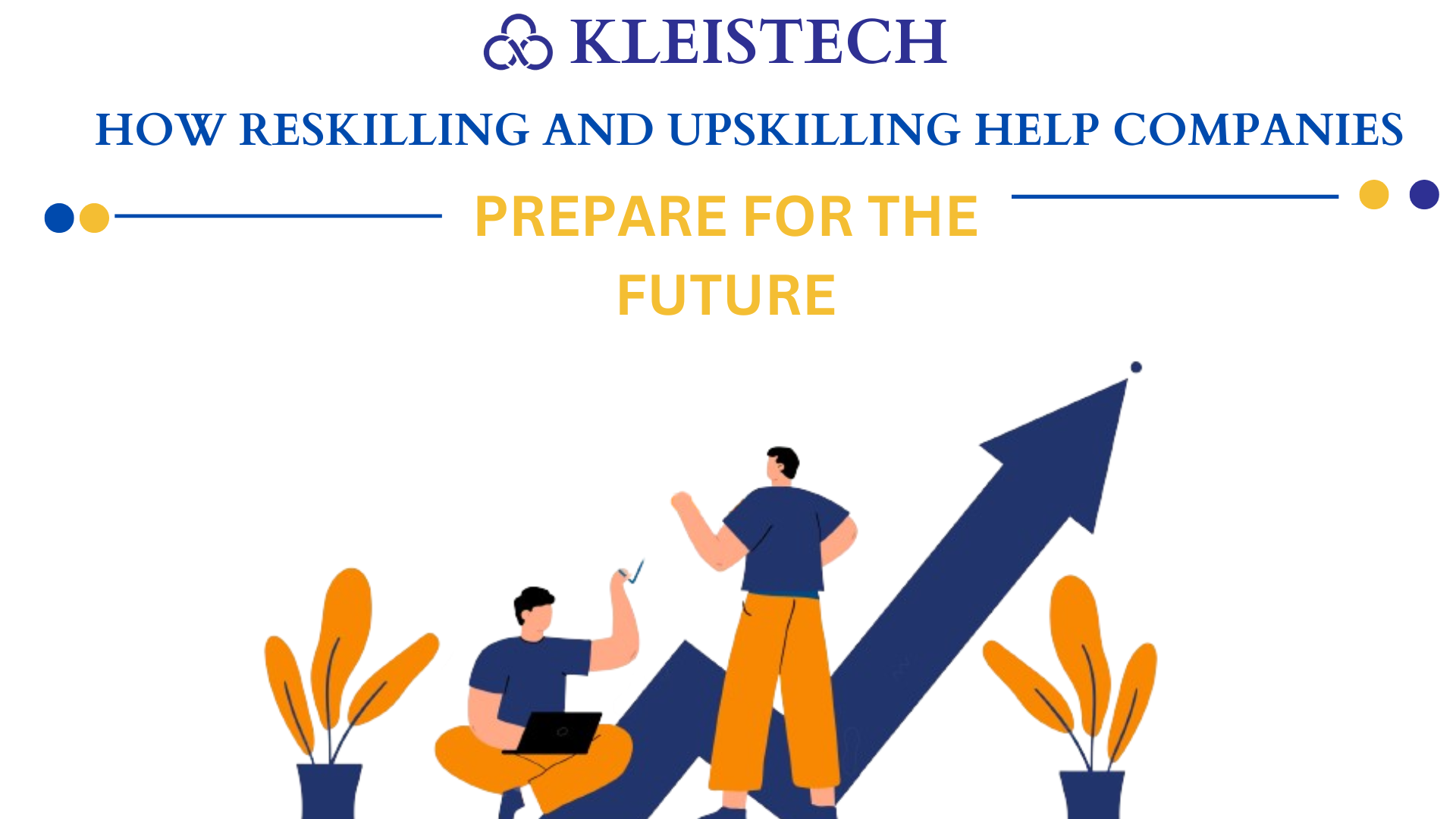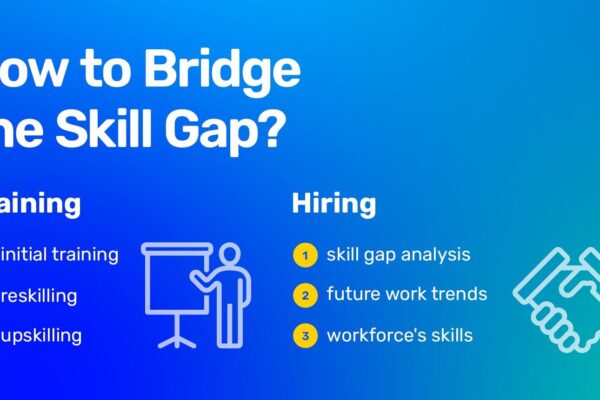Upskilling and Reskilling: Investing in Employee Development for Future Success
- Understanding the Need for Upskilling and Reskilling
Introduction:
In today’s rapidly evolving job market, the need for upskilling and reskilling has become more crucial than ever. As industries continue to undergo technological advancements and digital transformations, employees must acquire new skills and knowledge to stay relevant and competitive. At Kleistech Staffing Company, we recognize the importance of investing in employee development as a key driver of future success. In this blog, we explore the significance of upskilling and reskilling initiatives and how they can benefit both employees and organizations.
The Importance of Upskilling and Reskilling:
1. Addressing Skill Gaps: As job roles evolve and new technologies emerge, employees may find themselves lacking the necessary skills to perform their duties effectively. Upskilling and reskilling programs help bridge these skill gaps by providing employees with the training and education they need to stay current in their roles.
2. Future-Proofing the Workforce: By investing in upskilling and reskilling, organizations can future-proof their workforce against industry disruptions and changes. Employees who are equipped with the latest skills and knowledge are better prepared to adapt to new technologies and job requirements, ensuring the long-term success of the organization.
3. Boosting Employee Morale and Engagement: Providing opportunities for professional development demonstrates to employees that their organization values their growth and success. Upskilling and reskilling initiatives can boost employee morale and engagement, leading to higher levels of job satisfaction and retention.
4. Fostering Innovation and Creativity: Upskilling and reskilling programs encourage employees to think outside the box and explore new ideas and approaches. By expanding their skill sets, employees can contribute to innovation and creativity within the organization, driving growth and competitiveness.
5. Attracting Top Talent: Organizations that prioritize employee development are more attractive to top talent in the job market. Candidates are drawn to companies that offer opportunities for growth and advancement, making upskilling and reskilling initiatives a valuable recruitment tool.
Implementing Upskilling and Reskilling Initiatives:
1. Assessing Skill Needs: Conduct a thorough assessment of the organization’s current and future skill needs to identify areas where upskilling and reskilling are required.
2. Designing Tailored Training Programs: Develop customized training programs that address the specific skill gaps identified during the assessment phase. Consider offering a mix of in-house training, online courses, workshops, and certifications to accommodate different learning styles and preferences.
3. Encouraging Continuous Learning: Create a culture of continuous learning within the organization by promoting the importance of upskilling and reskilling at all levels. Encourage employees to take ownership of their professional development and provide support and resources to facilitate their learning journey.
4. Tracking Progress and Measuring Impact: Establish metrics to track the progress and effectiveness of upskilling and reskilling initiatives. Monitor key performance indicators such as employee retention rates, productivity levels, and skill proficiency to measure the impact of training programs.
5. Providing Ongoing Support: Offer ongoing support and guidance to employees throughout their upskilling and reskilling journey. Provide access to mentors, coaches, and subject matter experts who can offer guidance and advice as employees navigate their development path.
Conclusion:
Upskilling and reskilling are essential components of a successful talent development strategy. By investing in employee development, organizations can empower their workforce to thrive in an ever-changing business landscape and position themselves for future success. At Kleistech Staffing Company, we are committed to helping organizations build a skilled and adaptable workforce that is prepared to meet the challenges of tomorrow.









